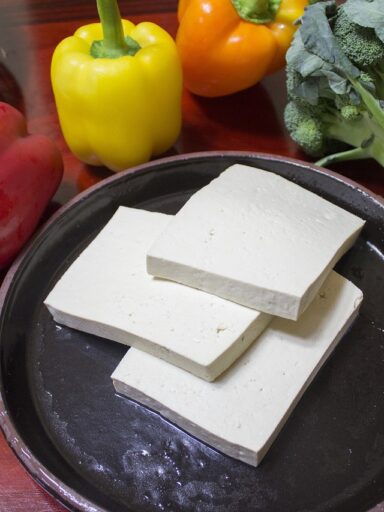The nutritional composition of tahini offers a range of health benefits. Derived from ground sesame seeds, tahini is rich in monounsaturated and polyunsaturated fats, which are essential for maintaining heart health and providing vital fatty acids for the body. Sesame seeds are known for their high antioxidant content, which helps combat oxidative stress and inflammation in the body. Tahini also contains plant compounds, such as phytosterols, that support cholesterol management. Additionally, the calcium, iron, and magnesium in tahini contribute to bone health, energy production, and muscle function. Here’s a breakdown of their nutritional composition per 100 grams:
Protein: Sesame seeds are a good source of plant-based protein, containing approximately 17 grams of protein per 100 grams. Protein is essential for tissue repair, building muscles, and various bodily functions.
Healthy Fats: Sesame seeds are rich in healthy fats, primarily polyunsaturated and monounsaturated fats. These fats, including omega-3 and omega-6 fatty acids, contribute to heart health and overall well-being.
Plant compounds: As mentioned above, sesame seeds contain plant compounds such as phytosterols. Phytosterols are naturally occurring chemicals found in the cell membranes of plants. They’re found in a variety of plant-based foods, such as nuts, seeds, vegetable oils, and whole grains. One of the primary functions of phytosterols is their ability to interfere with the absorption of cholesterol in the human body. When consumed, they compete with cholesterol for absorption in the intestines, leading to reduced uptake of cholesterol into the bloodstream. Phytosterols are believed to have cholesterol-lowering effects.
Fiber: Sesame seeds are an excellent source of dietary fiber, with about 12 grams of fiber per 100 grams. Fiber aids in digestion, promotes satiety, and helps maintain healthy cholesterol levels.
Vitamins and Minerals: Sesame seeds are abundant in several vitamins and minerals. They are particularly high in minerals such as calcium, iron, magnesium, phosphorus, and zinc. Additionally, sesame seeds contain vitamin B6, vitamin E, and folate.




